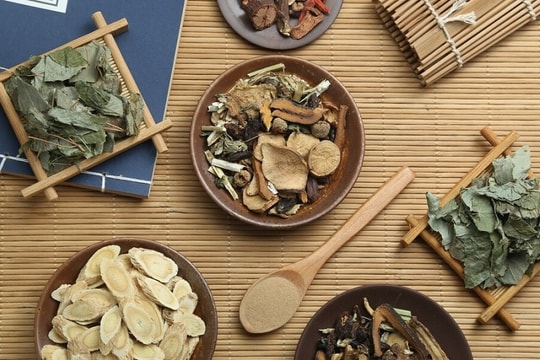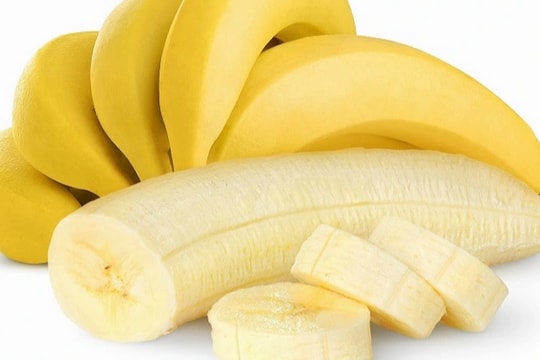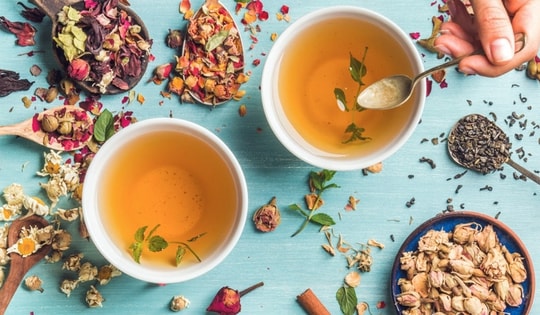5 herbs that help lower blood sugar and notes when using
High blood sugar causes many dangerous complications. Besides medication, some herbs can help lower blood sugar.
1. Aloe vera helps lower blood sugar
Aloe vera has long been thought to have blood sugar-lowering properties. A 2016 review of eight clinical studies found that oral aloe vera improved blood sugar control in people with type 2 diabetes, although more research is needed.
Aloe vera can be consumed as a juice drink or as an extract and dietary supplement.
However, aloe vera juice can cause diarrhea, rashes and cramps. This is because the latex found in the green part of the leaf causes this condition. Therefore, when using it, choose the inner part of the aloe vera leaf and do not drink more than 200 ml of juice/day (because drinking too much can cause diarrhea).
Aloe vera may also interact with medications such as antidepressants and opioid pain relievers... These interactions can decrease or increase the activity of the drug, making it less effective or increasing the risk of side effects.
To be safe, patients should consult a doctor before using aloe vera in any form.
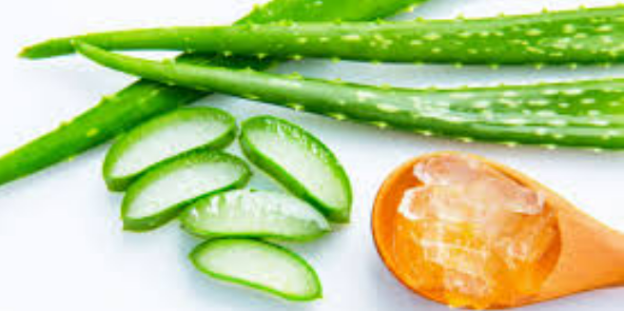
2. Cinnamon helps lower blood sugar
A 2020 study found that cinnamon (cinnamon bark), may help control blood sugar in people with prediabetes.
Cinnamon is taken orally as a supplement. Most manufacturers recommend doses of 250 mg to 500 mg twice daily. When taken in high doses, cinnamon can cause heartburn, indigestion, belching, nausea, and diarrhea. Some types of cinnamon contain a compound called coumatin, which can increase liver enzymes.
Consult your doctor before taking cinnamon supplements, especially if you have liver disease.
3. Bitter melon
Bitter melon is a fruit that has been used for medicinal purposes and as an herbal remedy to aid in lowering blood sugar levels (hypoglycemia).
Bitter melon can be eaten whole or juiced, or the seeds can be ground into a powder. Bitter melon extract is also sold as an herbal supplement. However, consuming too much bitter melon can also lead to diarrhea, stomach pain, etc.
When using bitter melon with insulin there may be a risk of hypoglycemia.
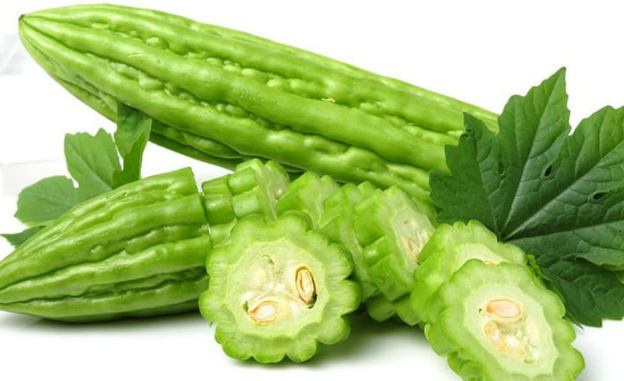
4. American ginseng
American ginseng (Panax quinquefolius), is an herb commonly used to prevent infections and aid in the treatment of diabetes.
Ginseng can be taken as an extract or in capsule or herbal form. Consult your doctor about the best ways to incorporate this herbal supplement into your diet or treatment.
Ginseng has been found to have moderate interactions with antidiabetic medications such as insulin and sulfonylureas… These interactions may lead to hypoglycemia.
Ginseng products can also interact adversely with blood thinners and some other herbs such as ginger, fenugreek… Some people using ginseng may experience insomnia, diarrhea, headaches…
5. Black cumin seeds
Black cumin seeds are a natural remedy that is believed to have blood sugar-lowering properties. A 2019 review of studies found that black cumin seeds may reduce blood sugar levels in people with type 2 diabetes by increasing insulin sensitivity and increasing overall insulin levels. The compound thought to be responsible for these changes is thymoquinone.
Black cumin seed is generally considered safe when used for culinary purposes or as a daily supplement. However, it may cause stomach upset, gas, bloating, nausea, vomiting, or constipation, especially when taken in higher doses.
It may also interact with certain medications used to treat high blood pressure. If you are being treated for high blood pressure, talk to your doctor before using black cumin seed.





